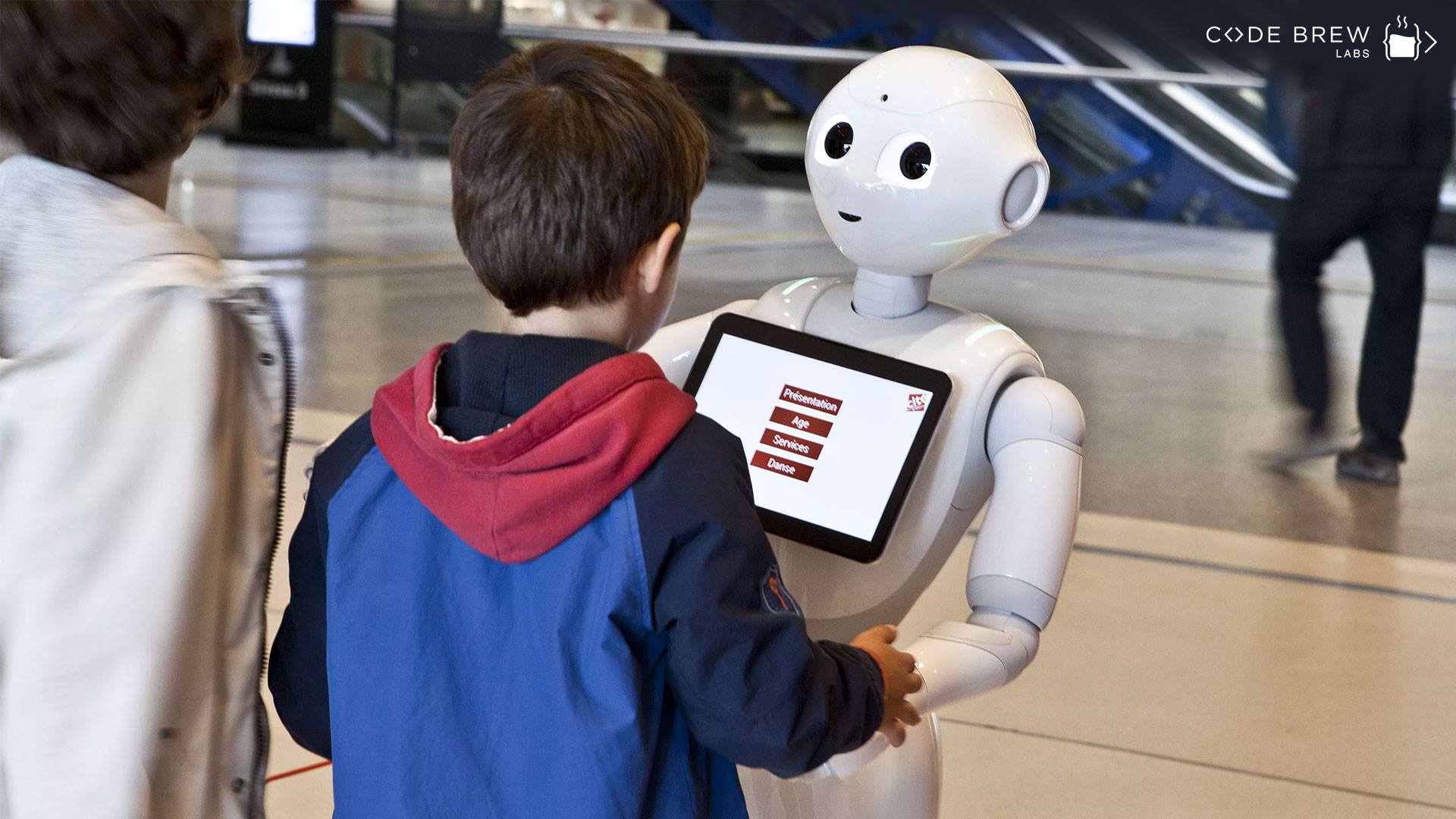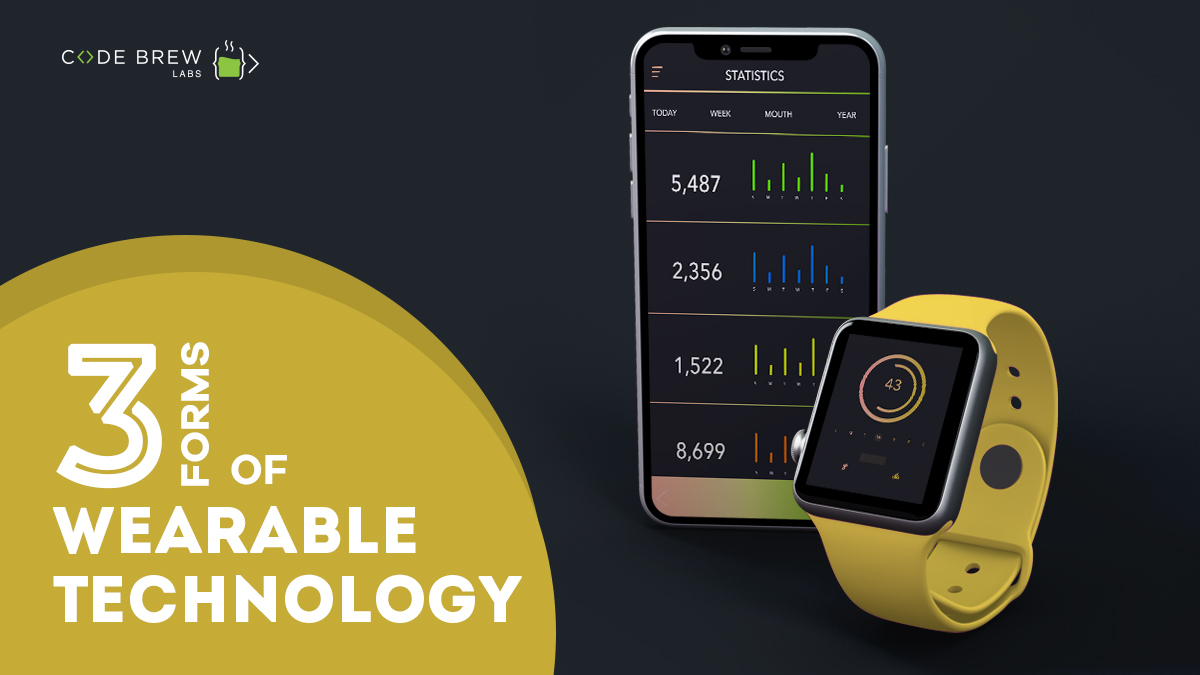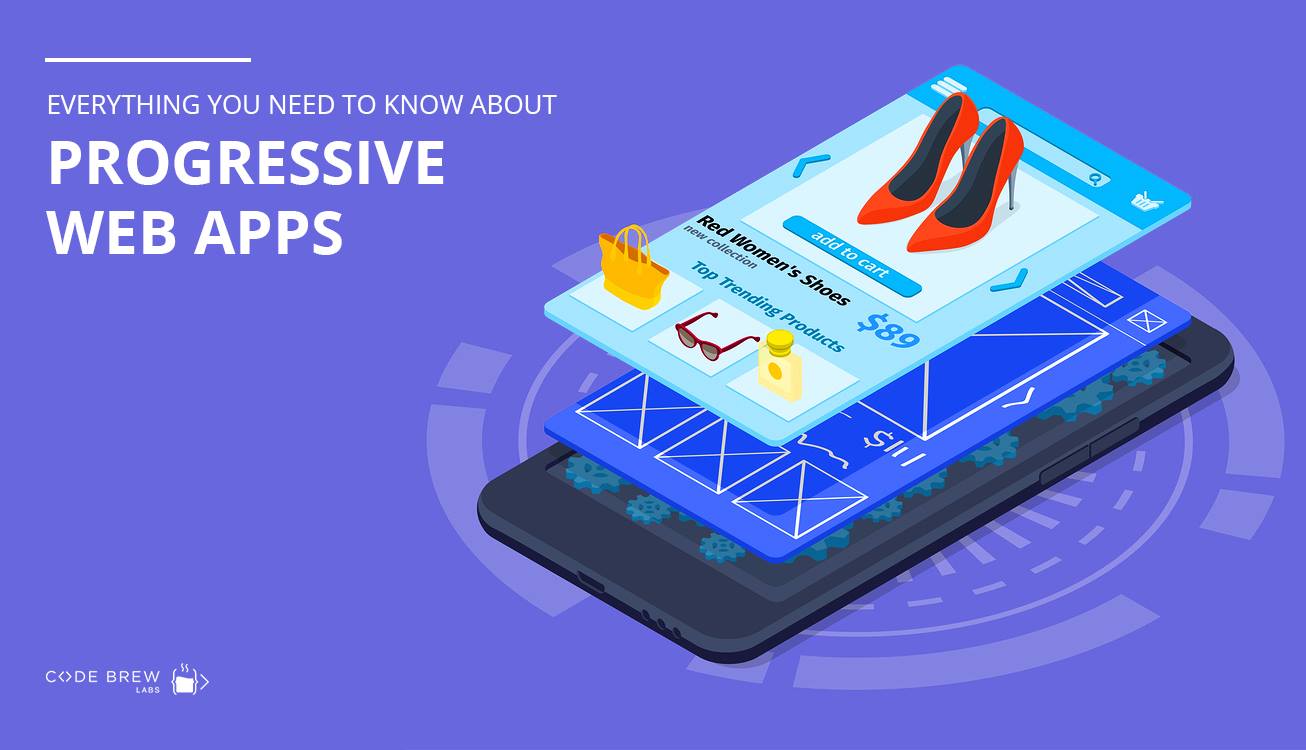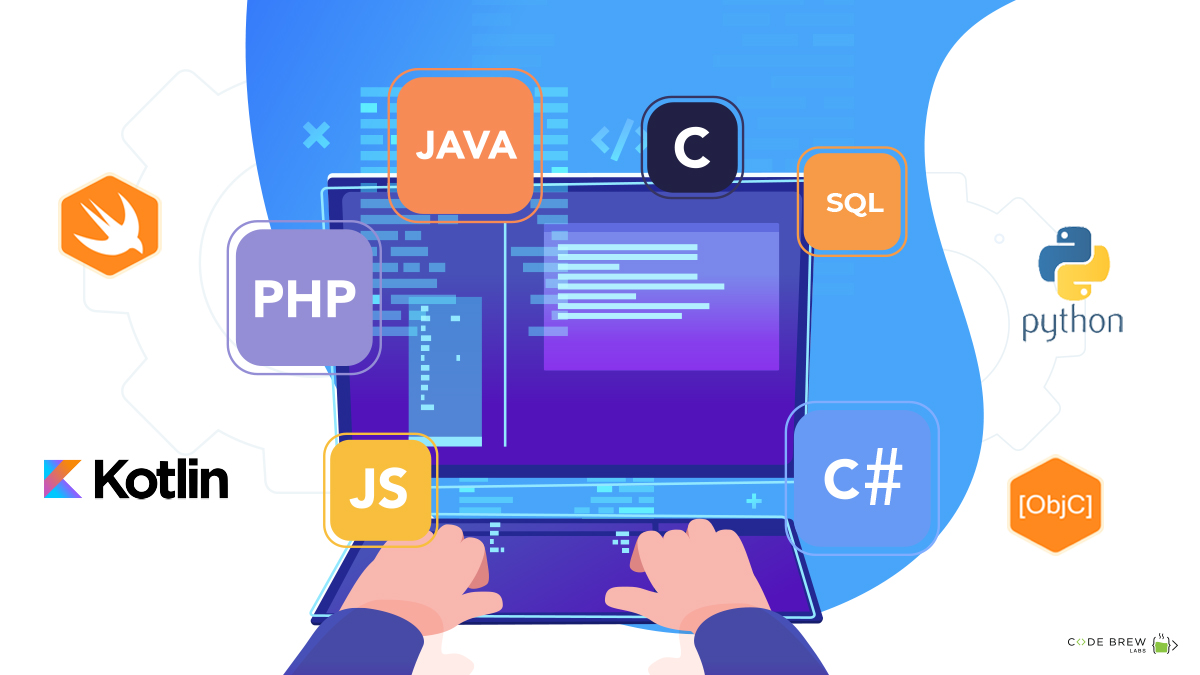We’ve come a long way form a time when education was a prerogative of a few nobles and wealthy. Making education accessible to all was a watershed moment in the history of mankind, but we haven’t stopped at that. The emergence of technology has reshaped everything we do. The education industry is no exception to that. The world of academia has become more advanced and convenient for the students, thanks to one particular technology – Artificial Intelligence(AI). Read on to learn how it’s influencing the Education Industry.
1. Automation Of Everything
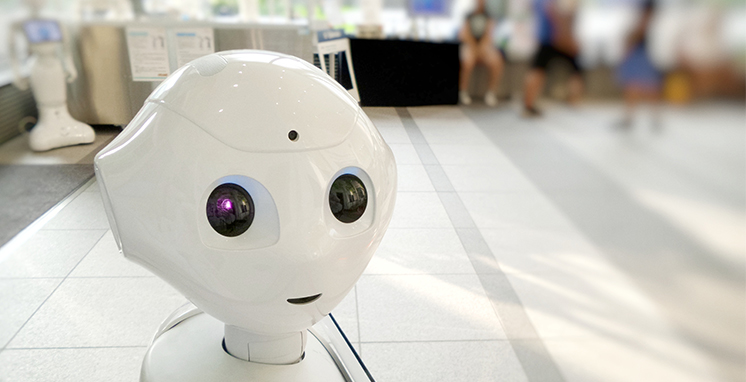
AI is a powerful technology to handle tasks that require automation and there’s no shortage of that in the educational institutes. Grading homework, evaluating treatise and offering much-needed feedback to students are the tasks that take up most of the educator’s time. By employing AI to perform the grading process in multiple-choice exams, teachers can spend more time with students in one on one session to understand their problems and challenges. Still, that’s not all the AI is capable of achieving. Software scientists are exploring new ways to grade written responses and dissertations. AI’s ability to perform automation also makes it highly beneficial in the admission process that usually involves processing and classification of paperwork.
2. Smart Content To Make Students’ Life Easier
Smart Content is a newly coined term. It implies to the robots’ ability to create digital content matching the same level of grammatical diligence as that of humans’. Yes, and as unreal as it may sound, this tech has already reached some of the modern and Smart Classrooms around the world. AI is now capable of digitizing textbooks and creating highly customizable learning digital interfaces suitable for students of all grades and age. For instance, a system called Cram101 makes use of AI to compress the content of textbooks into easily digestible study guide with chapter summaries, practice tests etc. One more platform by the name of Netex Learning enables teachers and professors to create a digital curriculum and content across a wide range of devices. It also includes video, audio, and online assistants. Virtual content in its various forms viz digital lectures and video conferences is now a reality mostly down to AI.
3. Virtual Lectures & Learning Environment

Now this one may come as a surprise to some but we’re getting close to a time when the actual lecturer would be replaced by a robot. There are already virtual human guides and facilitators capable of thinking, acting and reacting with humans using gesture recognition technology. These technologies are getting so smart that they can pick up both verbal and non-verbal cues. Digital learning environments are also becoming a reality. The University of Southern California(USC) Institute for Creative Technology is taking a lead in that area with the development of smart virtual environment and platforms. The organization makes use of AI, 3-D gaming and computer animation to bring out virtual characters and social interactions.
4. Smart Teachers With A Personalized Touch
AI isn’t just limited to compressing lectures into practice tests and study guides, it can, as unreal as it may sound, tutor students based on the difficulties they’re experiencing with the class material. Back in the old days, students had a limited window in which they could communicate their problems and doubts with their teachers. The office hours and the emails were their best bet to get any help. But those days are gone. There are now ultra smart tutoring systems like Carnegie Learning, that’s capable of analyzing data on different students, offer them feedback and even work with them as a teacher would. Although this application is still in its infancy, it will soon be out in its fully-fledged form. At that point, we’ll have a complete digital professor that can cater to students various educational needs in almost every area.
Final Thoughts
The future of education looks certain to be influenced by AI. Countries other than the US are also integrating AI into classrooms all in the hope of making students’ lives easier. AI will also change the way teachers, lectures and professors run their classrooms and how administrative tasks are performed on day to day basis. The biggest advantage of this technology is obviously the cost-saving. It will really help save billions in administrative costs for schools and institutions across countries, creating a perfect setting with smaller staff geared for operational efficiency. Let us know what you think of AI and its impact on the education industry in the comments’ section below:
